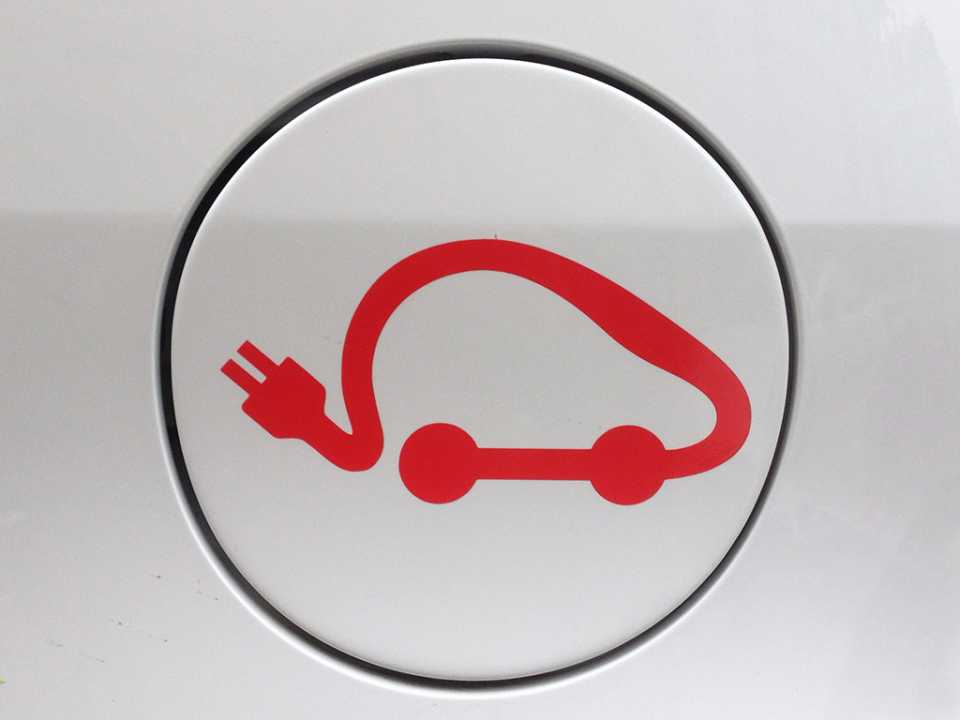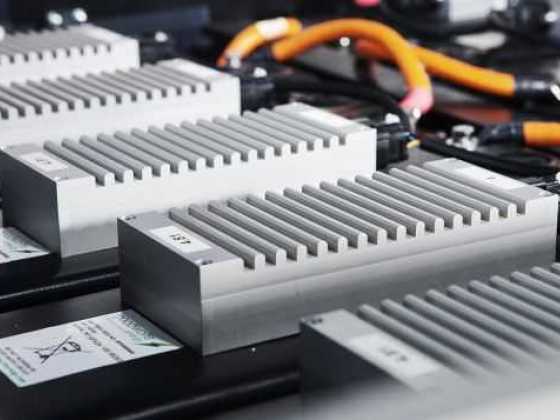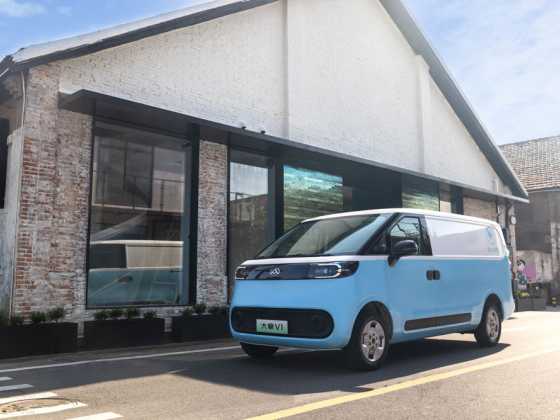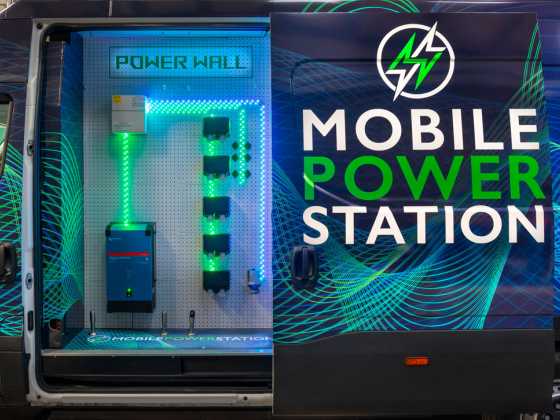One in three willing to pay more for electric cars

New research has revealed that one in three (34 per cent) people are willing to pay a bit more for a fully-electric car compared to an equivalent petrol or diesel model.
However, the extra they are willing to pay is little; less than one in five (18%) say they are willing to pay up to five per cent more, while just 13 per cent say they are willing to pay up to 10 per cent more.
Baringa’s Partners’ new report, Is the UK ready for electric cars?, also reveals that 68 per cent would spend more on an EV because of the environmental benefits they provide.
49 per cent said they would pay more upfront because an electric car will be cheaper to run in the long term. In addition, more than a fifth (22 per cent) of people say they would be willing to pay more because subsidies will allow them to recoup the extra cost.
However, even though people are willing to pay a little extra, more than a third (35%) think electric cars are worse value for money than petrol or diesel cars. Baringa believes this may be due to the expense of well-known brands such as Tesla, whose available models in the UK retail from around £60,000 – much higher than the £13,715 price tag for the UK’s current best-selling conventional car, the Ford Fiesta.
However, different driving habits mean there can be a significant difference in the total cost of electric cars and petrol or diesel cars. For example, fleet buyers, who are purchasing vehicles to drive much higher mileages than a private buyer, will save more on fuel with electric models. As such, electric cars are already on par with more conventional options for some fleet buyers today. In contrast, private buyers, whose vehicles are typically used much less, aren’t likely to see parity until the mid 2020s when electric car prices are expected to have fallen. Baringa is urging the Government to take these diverse needs and economies into consideration when deciding how best to support the electric vehicle market.
Oliver Rix, Partner in Energy and Resources at Baringa Partners, comments: “The research shows that financial considerations remain important, and the additional money people are willing to spend is unlikely to be enough to significantly increase uptake in the short-term. Therefore, the Government needs to ensure grants for electric cars continue to be offered until prices fall more in line with their petrol and diesel counterparts.
“Car manufacturers also have a role to play. They should highlight the wider financial benefits of owning an electric car, such as the tax and fuel savings, and promote the cheaper models available. But work is also needed to increase the range of electric cars available. We know that many people think electric cars are less stylish than their petrol or diesel peers, so stylish, high performance models need to be produced as well as more low-cost options.”



